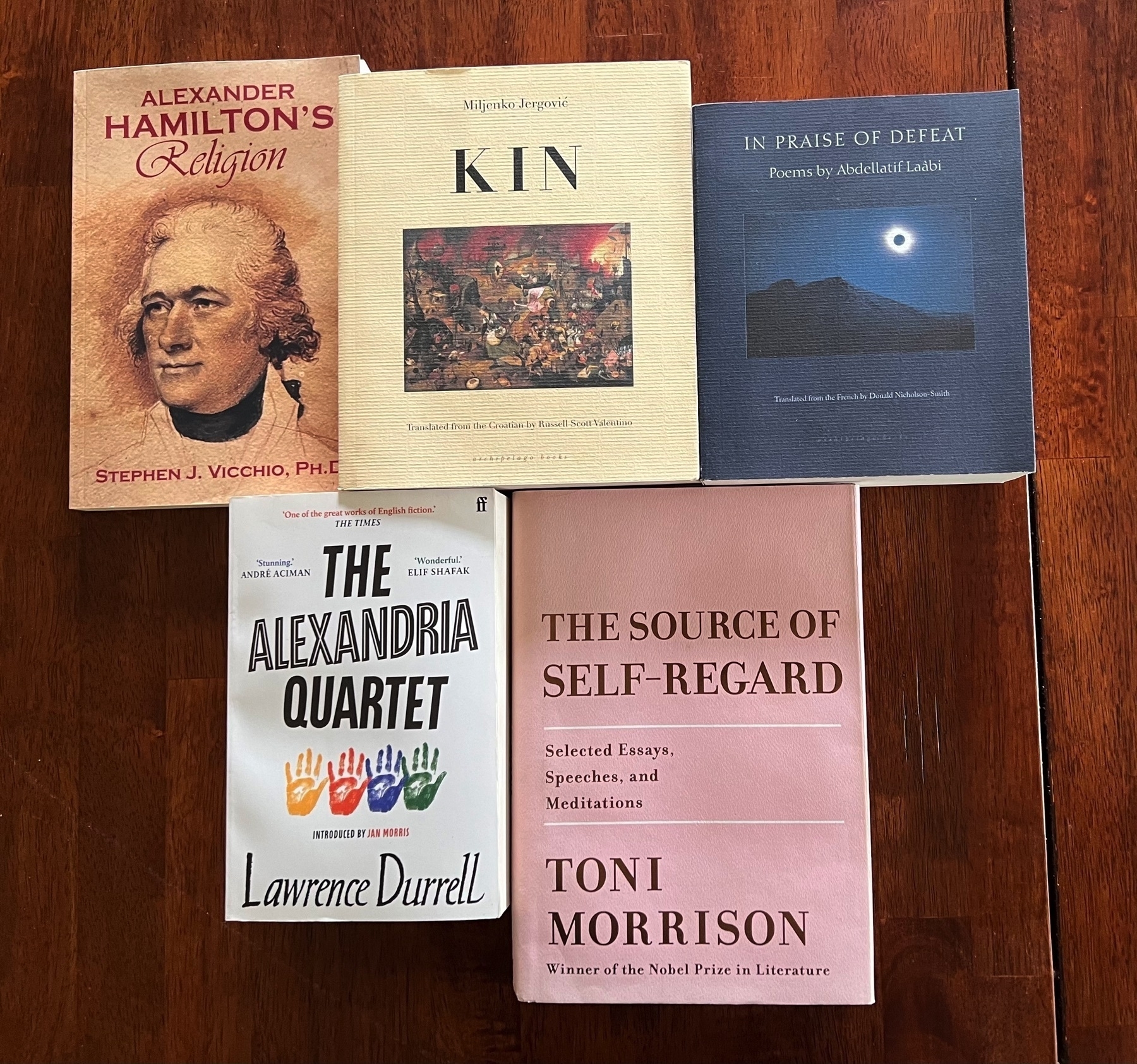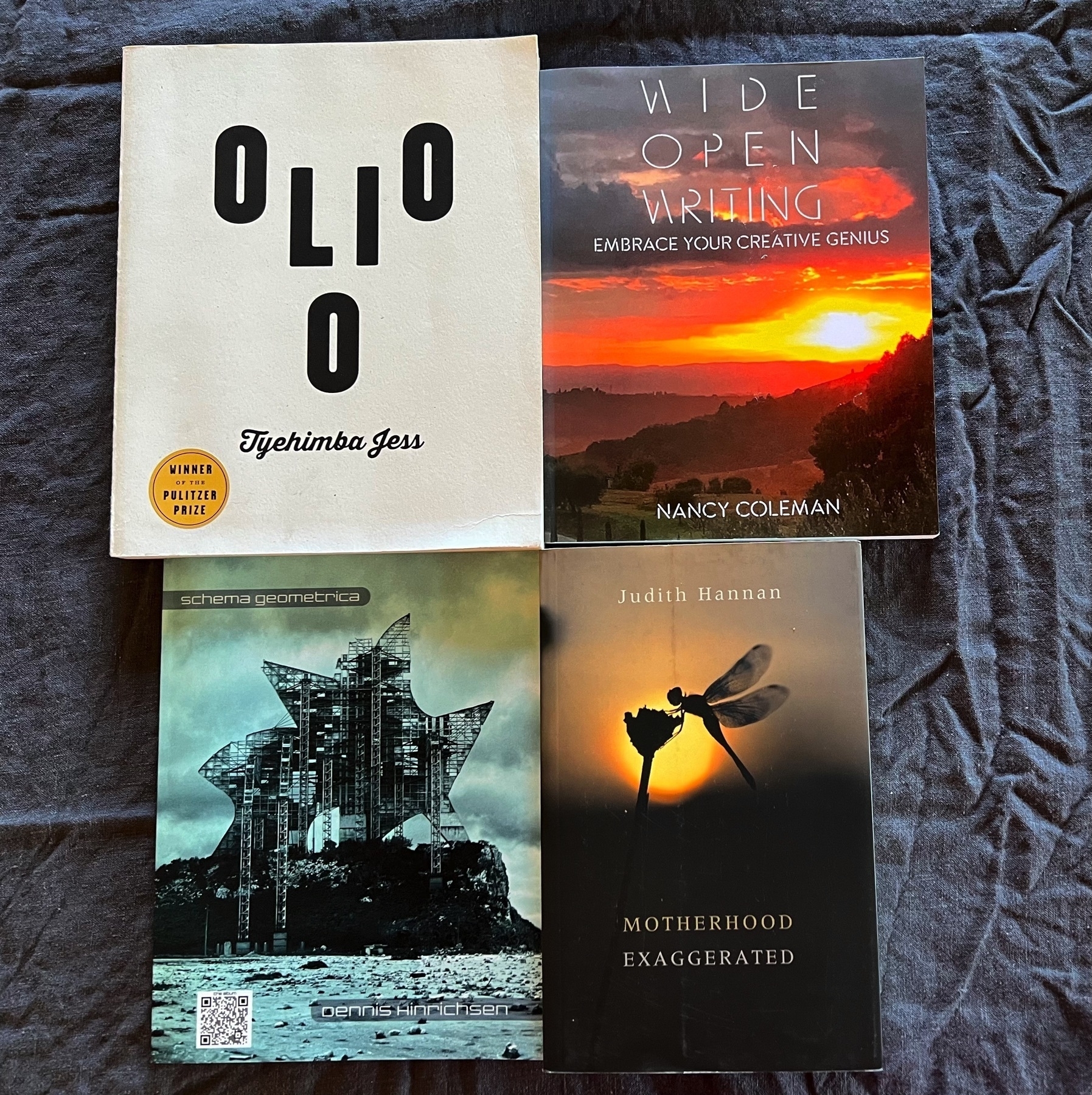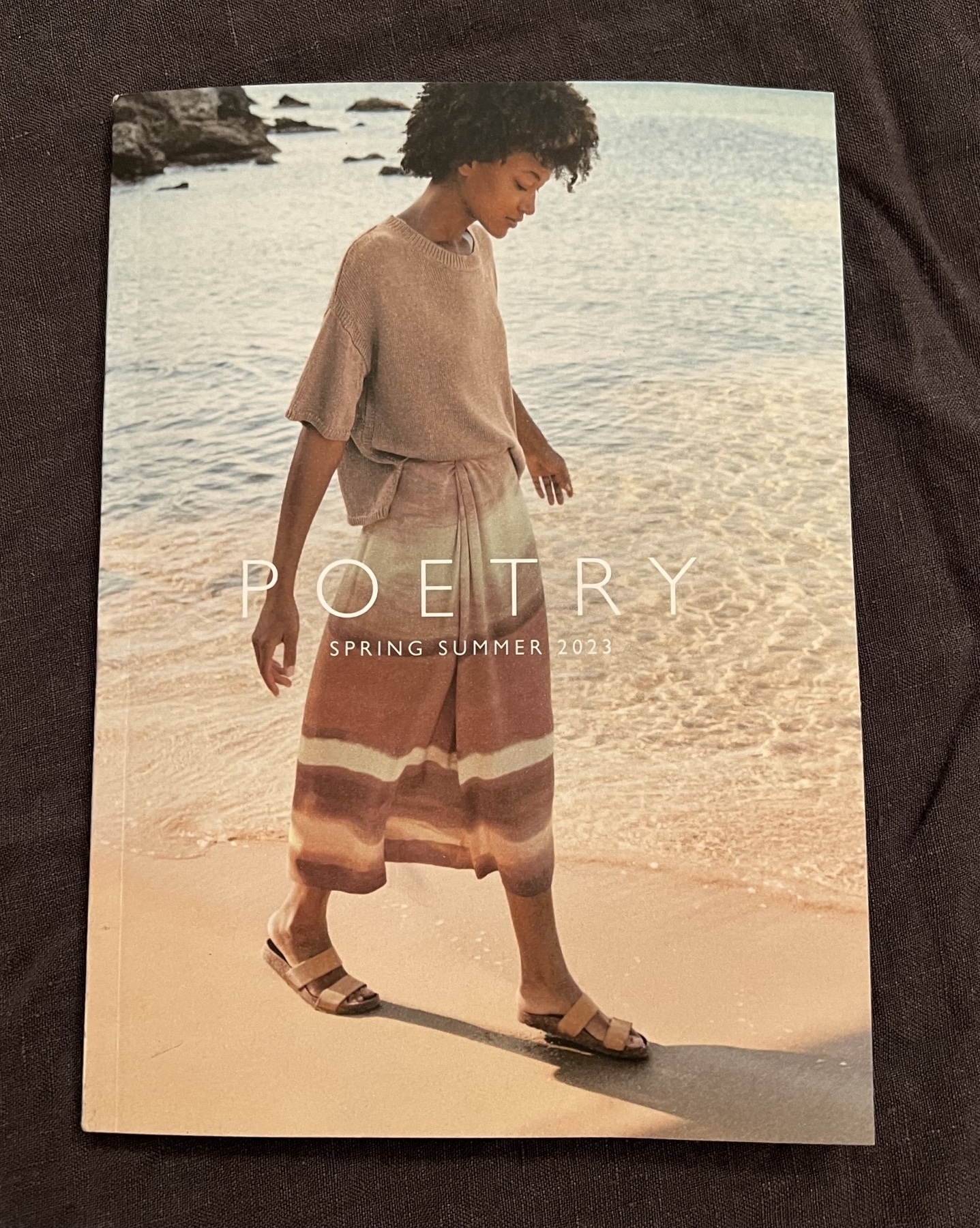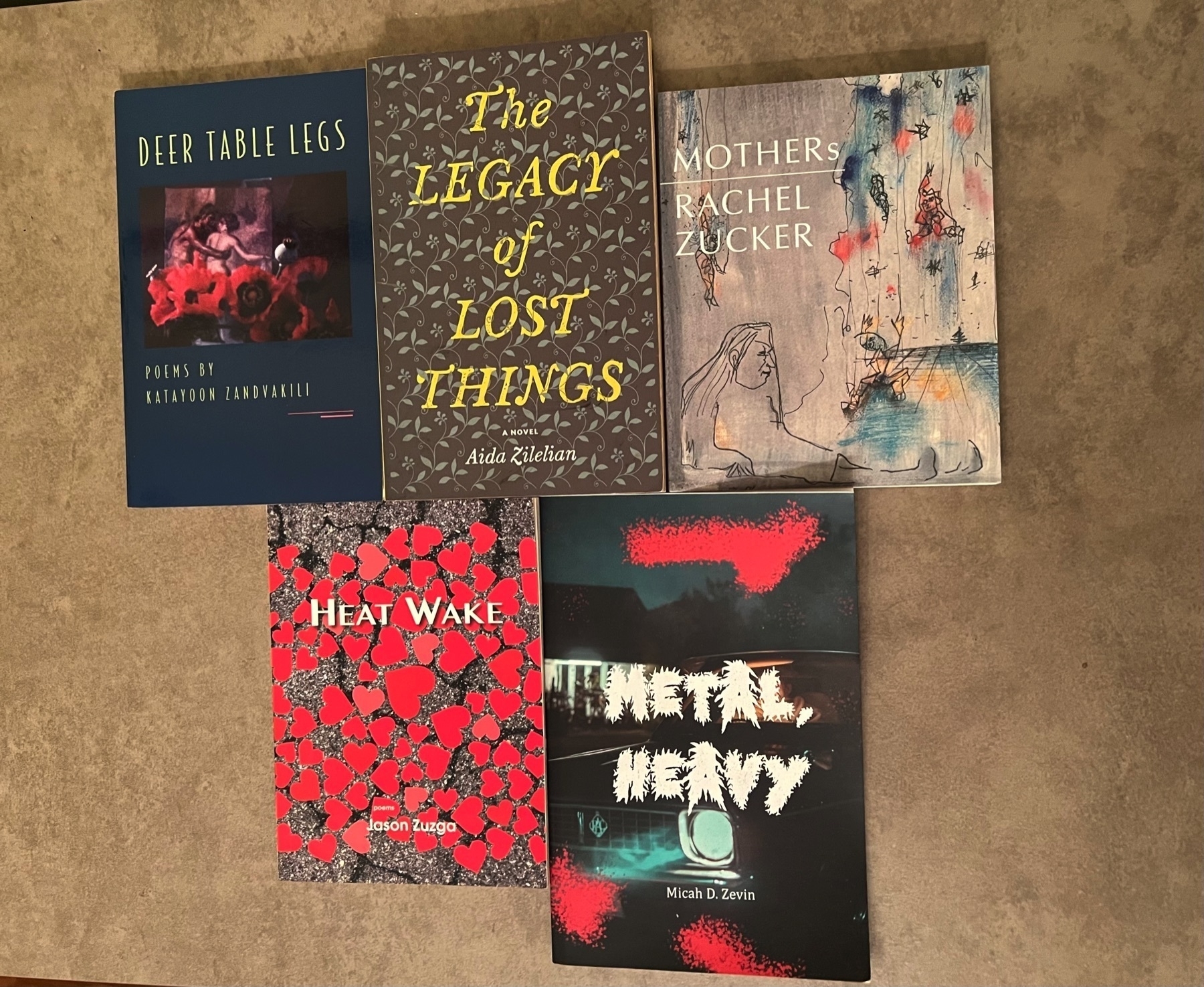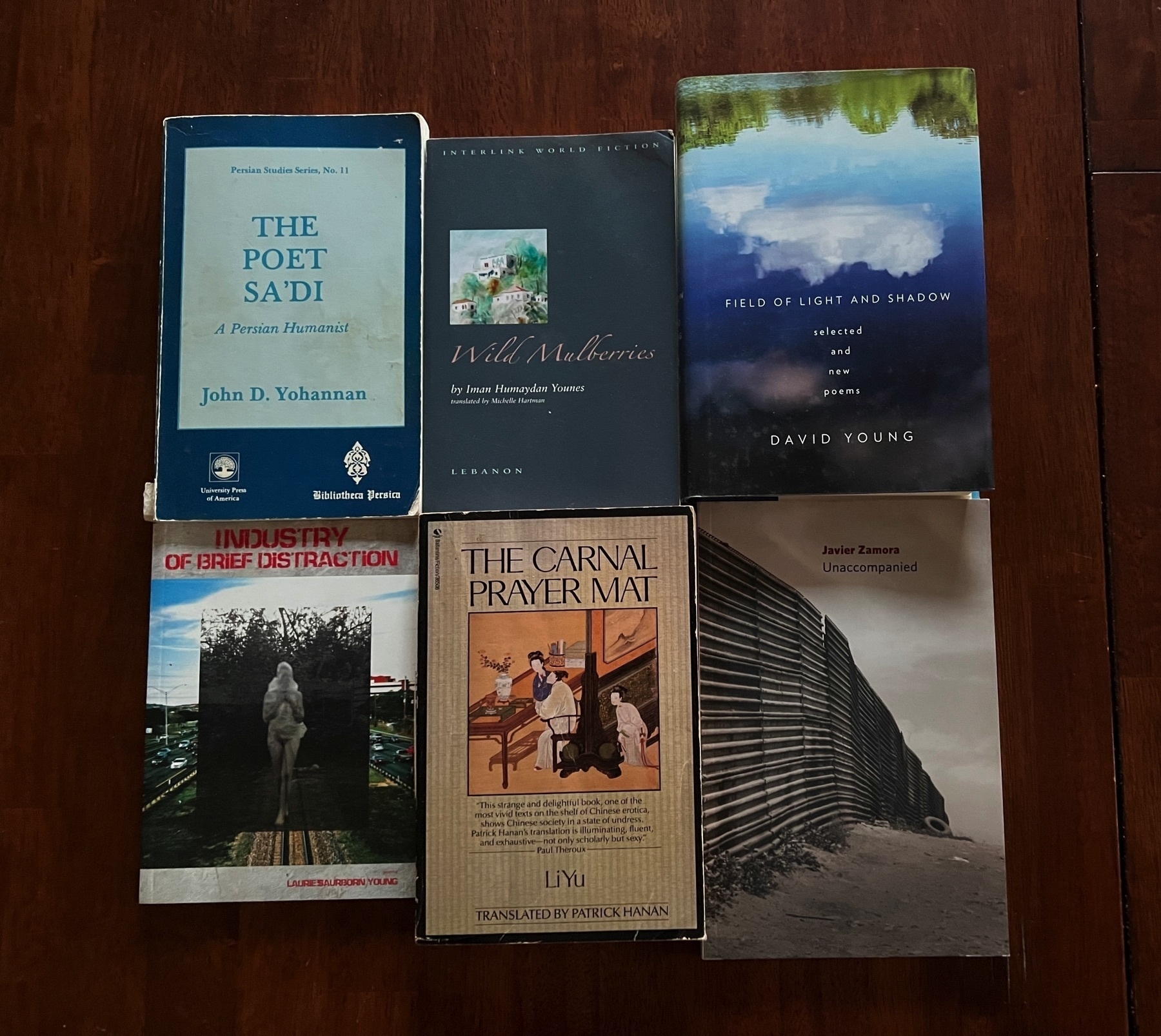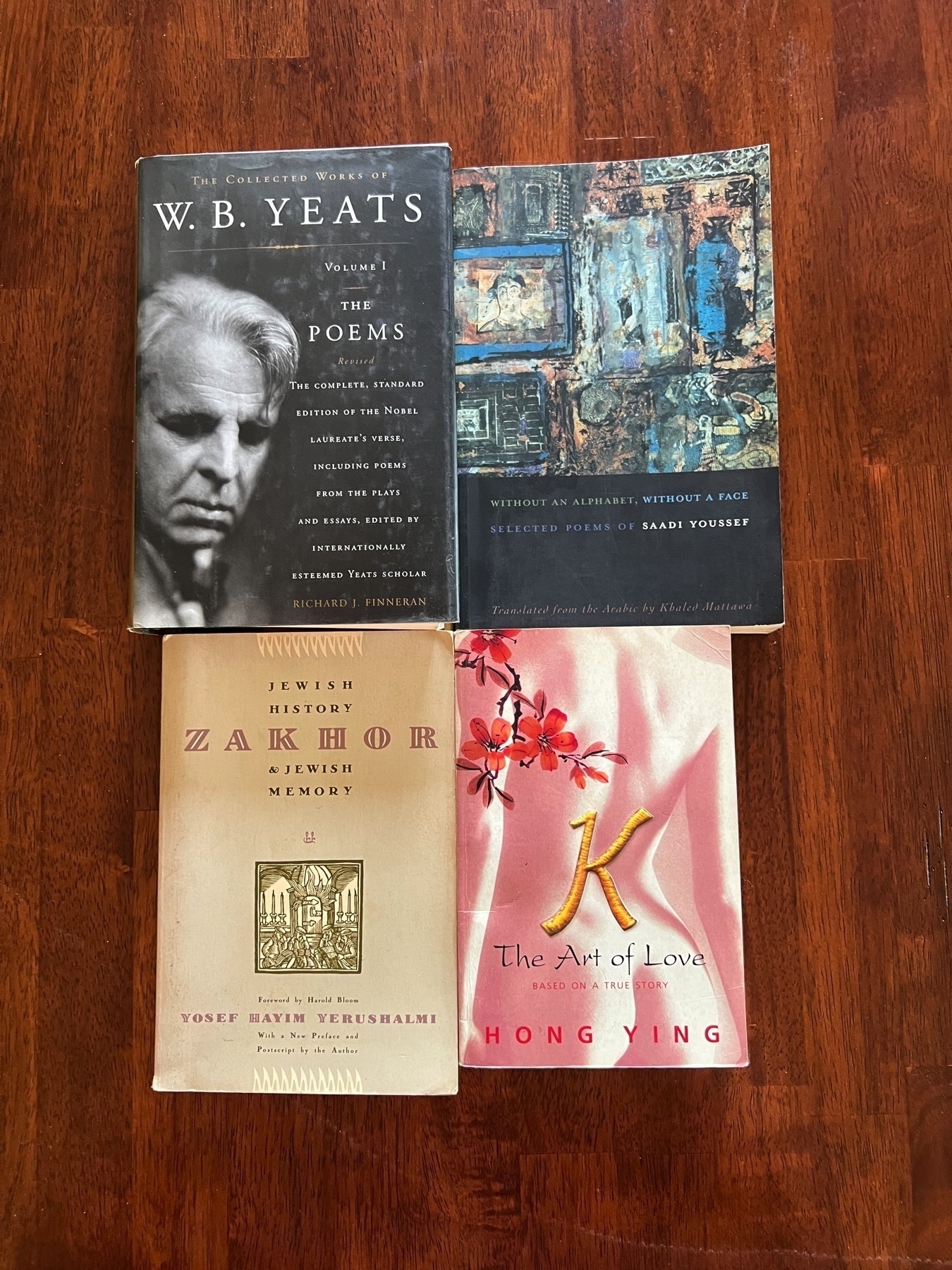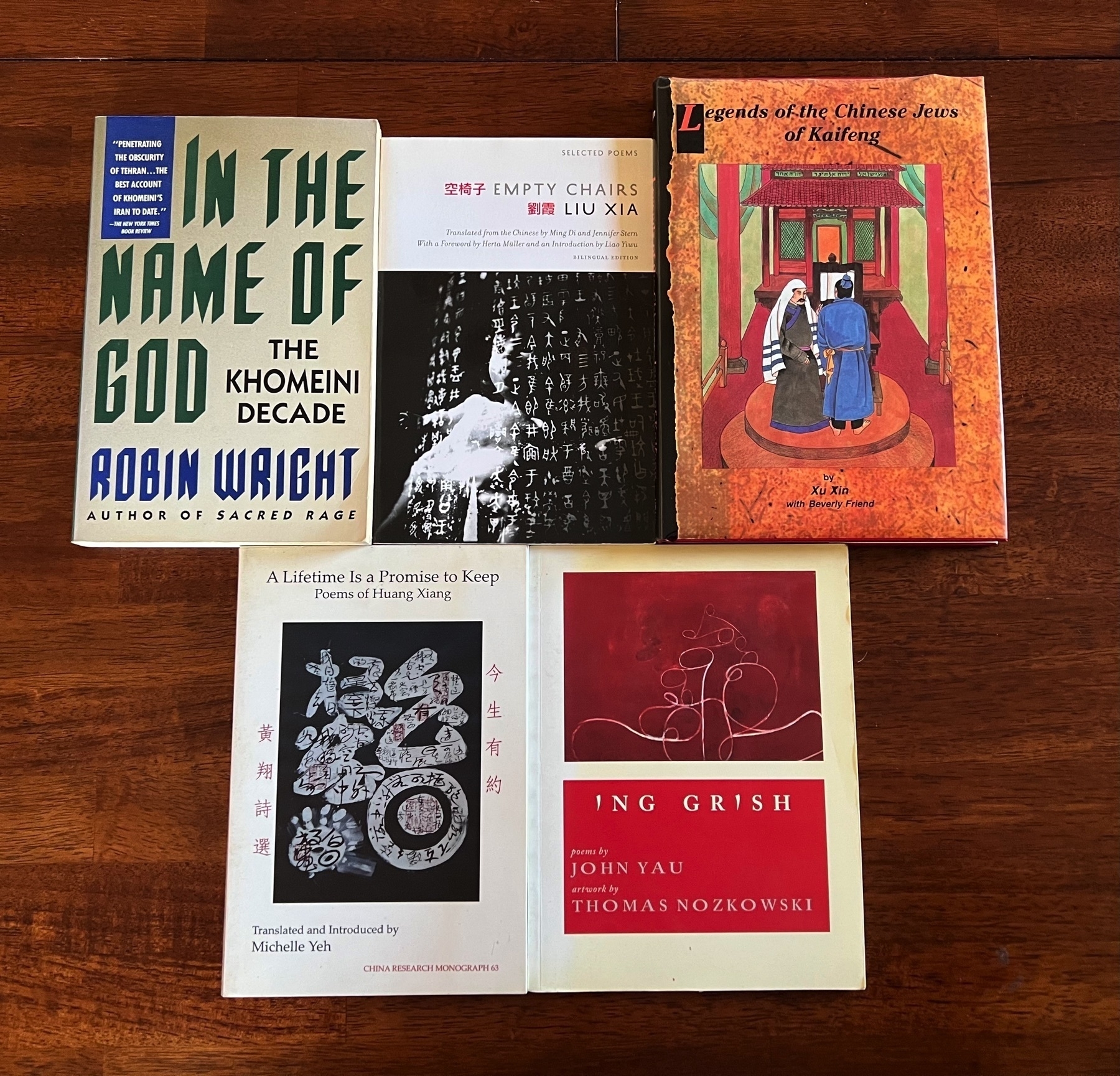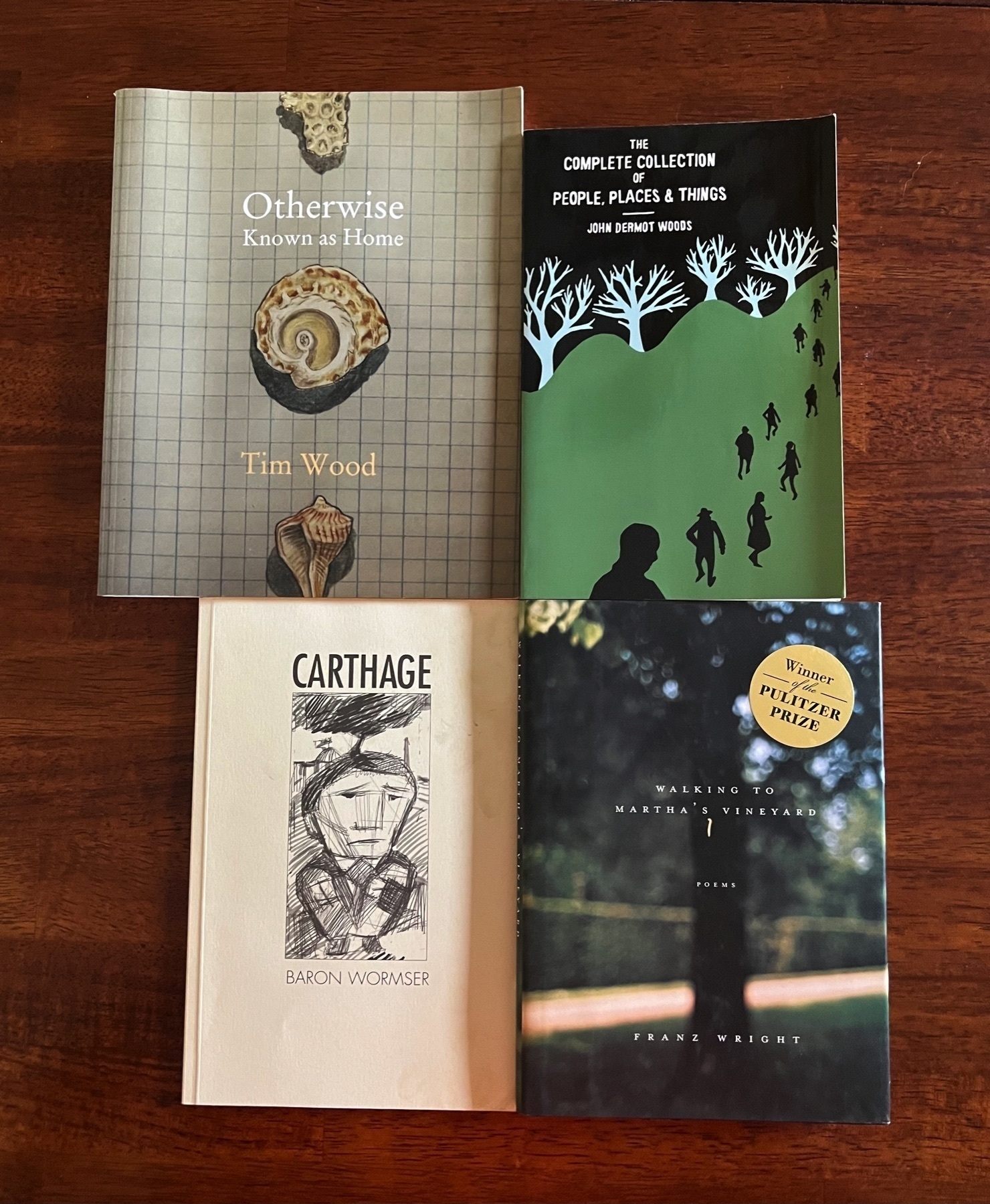A knot in prose represents a knot, logical and emotional, in the writer. Unraveling it usually means bringing feeling and thinking into sync within the syntax. So different from a knot in a line of poetry, where, often enough, fixing the music is all you need to do.
Finished reading: The First Warm Evening of the Year by Jamie M. Saul 📚 It’s supposed to be a love-at-first-sight-ish story, in which the “first sight” is engineered posthumously by a woman who knew both people, except the guy comes off as creepily obsessed and stalker-ish.
I wrote this today in a grant application. I think it’s worth sharing:
According to well-regarded statistics, one in six boys will experience some form of sexual victimization by the time they reach eighteen. That’s an awful lot of boys; but it’s also an awful lot of men, in all walks of life and at all levels of society, whose lives— personal, professional, and political—have been shaped by what we know the trauma of sexual violence can do to a person. The question of what it means for male survivors to return from the alienation of this particular trauma, in other words, goes well beyond a matter of each individual’s personal healing. Especially because we live in a male dominated society, where the professional and political decisions men make can impact the lives of thousands, this question has social, cultural, and political implications as well. I think a poetry exploring that fact is a cultural necessity.
Strange: Twitter said I exceeded my 2400 tweet limit for today. There is no way I sent that many tweets. I wonder what’s going on.
Interesting discussion at First Tuesdays last night about whether or not prose poetry is actually poetry. I said something I’ve thought for a long time but never expressed. I’m not sure I even agree with myself: a successful prose poem is a poem made up of one very long line.
I drafted a pitch letter today for a book of translations from a language I don’t read or speak. The experienced translator (but not in poetry) I’ve been working with thinks I should give myself equal billing as a translator, not a co-translator. I am torn.
Given the size of my classes and how much writing I have to ask them to do, I always think when I grade of a phrase from the old TV show M*A*S*H: meatball surgery. Most of the time that’s what grading under these conditions feels like: meatball teaching.
I’m teaching a full load for the first time in a very long time and I’m reminded how inhumane it is, for students and teachers, to pack college writing classes well beyond an instructor’s ability to learn each student’s name and give their work the attention it really deserves.
That unsettled feeling you carry around when the poem you’re working, or the essay or the story, has taken you into emotionally difficult territory and not only is the language not right: you know something about it rings false, but you can’t name that yet either.
This quote from Borges’ The Book of Imaginary Beings made me laugh: “The pleasures of Paradise are withheld from the poor in spirit and all ascetics, because they would not understand them.”
First week of teaching at community college
- A student who wants to teach ESL;
- A student who informed the class she is homeless;
- A student who told me they use they/them pronouns and wanted me to know they are outspoken because they are tired of keeping it all in like they had to do in high school;
- A student who wants to write a memoir about the abusive Muslim boarding school for girls–more like a finishing school–she was forced to attend and who is trying to figure out how not to disavow the term feminist;
- A student who was honest enough with himself to figure out that he was asking me how seriously I take grammar when I grade because he was really trying to talk me out of taking it seriously when I grade his papers;
- A student who spent 20 minutes talking me through the story he wants to write about a member of a new Dungeons & Dragons race called the Reborn;
- A student who wants to write “realistic fiction,” but seems more interested in fantasy and romance;
- A student who shook my hand and thanked me for the emphasis I put on professionalism as the base line expectation for how I want my students to handle the requirements of the syllabus;
- A student who wants to be a professional rapper, who shyly asked how to spell the names of musicians he hadn’t heard of when I asked the class what kind of music they listened to. These are the ones I remember: Jim Croce; Simon & Garfunkel; Yes; Emerson, Lake & Palmer.
